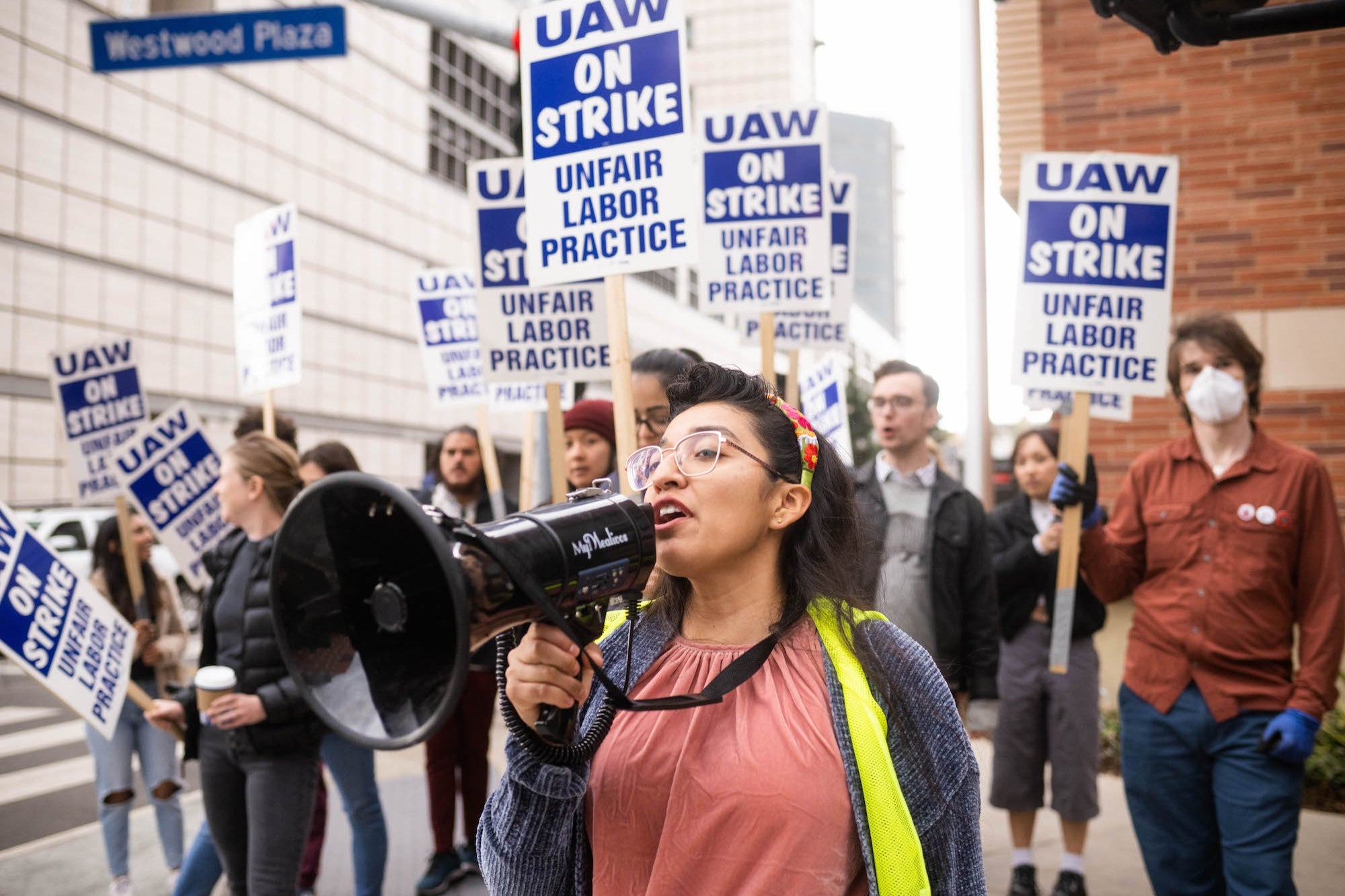Strikes and Work Stoppages Were Up 52% in 2022: Report

Strike activity saw a marked increase from 2021 to 2022, according to a study released Monday from Cornell University’s School of Industrial and Labor Relations (ILR).
The number of strikes increased to 424 total (including seven lockouts, when an employer stops work by not allowing employees to come in) from 279 the year prior — an increase of 52%.
“Management is sort of being taught a lesson through the strike action,” Harry Katz, professor of collective bargaining at ILR, told CBS News.
“It’s being taught how much power workers actually have now given the improvement in their bargaining leverage,” he added.
The report comes from data published by ILR on strike and work stoppage activity through its Labor Action Tracker, which uses sources like news articles and social media to identify and verify strikes and work stoppages.
The ILR says it does so because the Bureau of Labor Statistics stopped tracking strikes with fewer than 1,000 workers due to budget cuts in the 1980s.
“It is imperative to have reliable data on strike activity, by union and non-union workers in stoppages of all sizes, to keep journalists, policymakers, activists and scholars informed about labor activism and unrest across the United States,” said Johnnie Kallas, a Ph.D. candidate at ILR, co-author of the report as well as one of the leads of the database, in the release.
The industry with the most strikes, per the tracker, was “accommodation and food services,” which accounted for 34% of strikes. Most of these were led by Starbucks employees and fast food workers looking for a $15 minimum wage through Fight for $15, the ILR said in the release.
The leading industry for the number of workers participating in the strikes was educational services, in which 60% of workers participated in strikes. This was in concert with increased educational worker activism and a massive strike by graduate students at the broader University of California system, which has 10 campuses.
However, despite the uptick, it is hard to consider it a banner year, the ILR noted. “The number of workers engaged in work stoppages in the past two years falls behind the recent organizing upticks documented by the government in 2018 and 2019,” it wrote.
Katz further told CBS this was not a “revolutionary” power grab by unions compared to strike numbers in the 50s, 60s, and 70s, the outlet wrote.

Atul Tiwari is a seasoned journalist at Mumbai Times, specializing in city news, culture, and human-interest stories. With a knack for uncovering compelling narratives, Atul brings Mumbai’s vibrant spirit to life through his writing.





